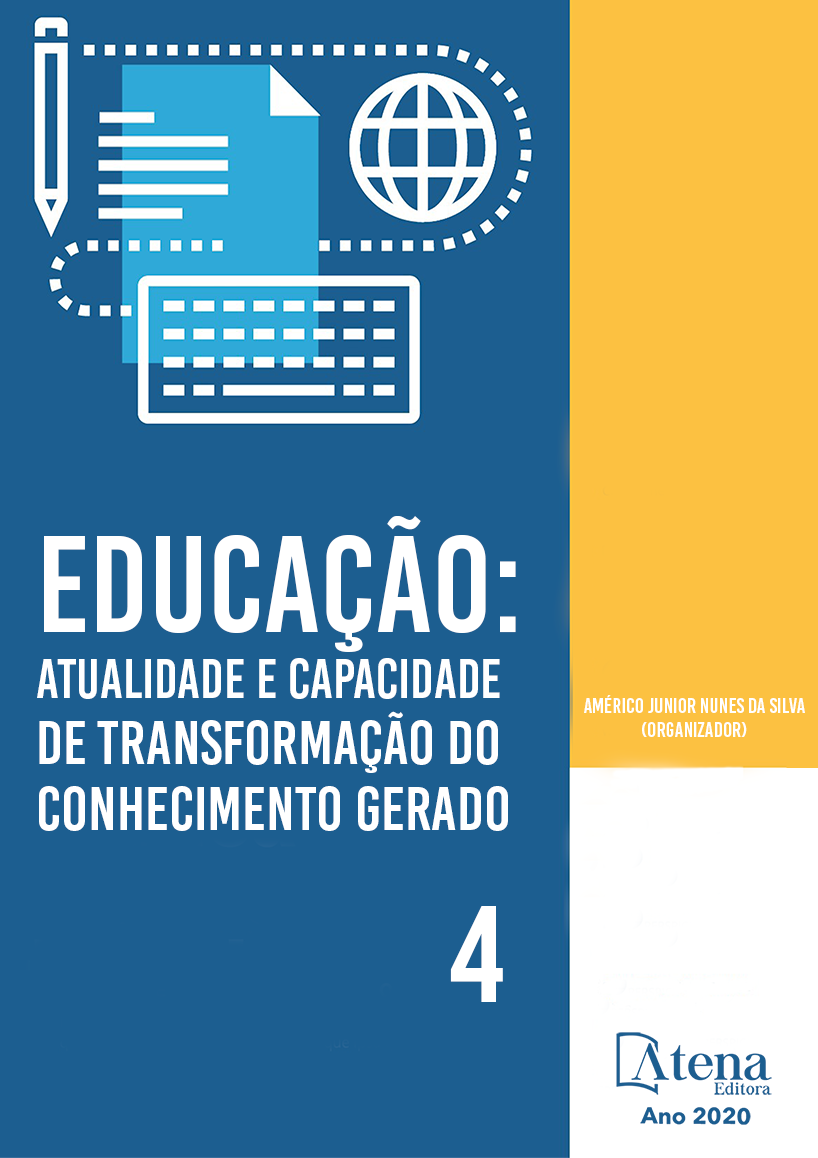
O ESTUDO DO DISCURSO COMO INSTRUMENTO DE ENSINO DE LIBRAS COMO L2 PARA SURDOS: UM RELATO DE EXPERIÊNCIA
A persistente prática tradicional de ensino de Libras como L2 dissociada de um contexto significativo ou mesmo desarticulada de ações locais, como no caso de escolas, desencadearam esta proposta cujo objetivo está vinculado a adaptar novas práticas didáticas e pedagógicas com o uso de gêneros textuais no processo de ensino-aprendizagem desta língua com modalidade visuo-espacial em salas de aula convencionais. Teóricos como Bakhtin (2004), Bronckart (2003), Melo (2012), Gesser (2012). Quadros e Karnopp (2004) e Skliar (1997) são os autores que sustentam as discussões. A metodologia envolveu o uso de gêneros textuais (conteúdo escolar vivenciado por esses alunos) e que, associados a imagens e informações visuais, promoveram uma aprendizagem significativa e entendimento lógico da estrutura e uso básico da Libras em comunicações dialógicas. Os resultados mostraram, que os alunos reconheceram: as singularidades da estrutura linguística da Libras, das singularidades dos sujeitos surdos e de suas condições bilíngue e que eles, alunos ouvintes, compreendem as manifestações adaptativas da linguagem humana nas diversas estruturas discursivas existentes.
O ESTUDO DO DISCURSO COMO INSTRUMENTO DE ENSINO DE LIBRAS COMO L2 PARA SURDOS: UM RELATO DE EXPERIÊNCIA
-
DOI: 10.22533/at.ed.71520190820
-
Palavras-chave: Libras. Discurso. Ensino de Libras L2.
-
Keywords: Libras. Discourse. Libras’s Teaching L2
-
Abstract:
The persistent traditional practice of teaching Libras as L2 dissociated from a significant context or local actions, as in schools, for instance, has served as motivation for this study. Its objective is the adaptation of new didactic and pedagogical practices using different textual genres in the teaching-learning process of this visual-spatial language. Theorists such as Bahktin (2004), Bronckart (2003), Melo (2012), Gesser (2012) and Skliar (1997) are some of the authors who support the discussions in this study. The methodology involved the use of textual genres (school content experienced by students) which, associated with images and visual information, promoted meaningful learning and logical understanding of the structure and basic use of Libras in dialogic communication. The results have shown that the students, who were all listeners, have recognized the singularities of the linguistic structure of Libras. It has also demonstrated that these students understand the adaptive manifestations of human language in the various discursive structures that exist.
-
Número de páginas: 8
- Gilmar Garcia Marcelino
- Renata Rodrigues de Oliveira Garcia
- Kelly Francisca da Silva Brito
- Andréa dos Guimarães de Carvalho


